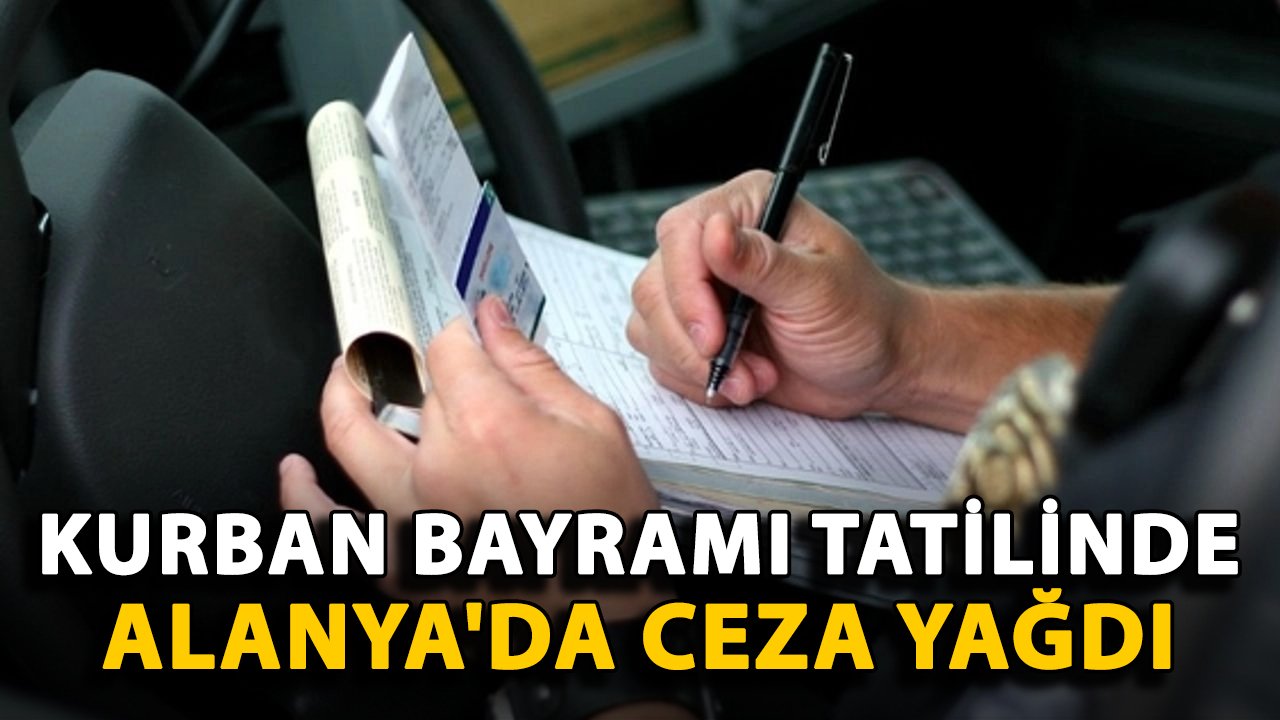Strong tightening against inflation from the CBRT
Central Bank, under the administration new President Mr. Naci Ağbal, made a strong tightening against inflation at the 24 December meeting by advancing new policy implementations in the new era. The 1-week repo rate was increased by 200 basis...


Central Bank, under the administration new President Mr. Naci Ağbal, made a strong tightening against inflation at the 24 December meeting by advancing new policy implementations in the new era. The 1-week repo rate was increased by 200 basis points in line with our expectations, to 17%. The Central Bank has pledged to keep policies tight until there are clear signs of permanent decline in inflation, and reiterated that further tightening may occur under necessary conditions. The implementation of policies expected in the action leg of the Central Bank, which started to work by establishing strong communication, also has a positive effect in terms of credibility.
Since inflation risks will continue for a while, we think the Central Bank has positioned the interest rate at a safe level. In November, inflation exceeded expectations and reached 14%. When we look at the general trend of inflation and current price and cost developments, we see that there are additional risks. The pass-through factor caused by the depreciation of the TRY, the increase in oil and commodity prices and the rapid increase in food prices due to seasonal conditions are effective in both the current rise and the additional increases that can be seen. As can be seen in the PPI, past exchange rate increases cause the cost burden on the producers' side to continue, so the CPI will continue to remain high in the coming months. In this context, we expect the inflation to reach 15% levels by continuing its upward movement in the period until April. The Central Bank aims for inflation to decrease to 9.4% next year.
In real interest, another criterion, we have achieved a strong position compared to other developing countries. When the policy rate of 17% is adjusted with inflation of 14%, the real interest rate, which reaches 2.6%, makes us one of the highest returns among emerging countries. We expect this situation to positively affect foreign portfolio entries and increase the trust of locals with the continuous foreign inflows. Since both the increase in interest rates and the asset ratio will be lifted in the new year, interest on deposits will be lifted. The real return effect of the TRY may be more attractive than the limited potential of the foreign currency, but it will take some time for locals to fully switch from FX deposits to TRY. We expect that the downward trend in inflation from mid-year will further contribute to this reverse currency substitution event.
We expect the Central Bank to keep financial conditions tight at the "least current" levels in the first half of the year, in the process of combating inflation and adhering to a simple monetary policy. The purpose of this policy is a process in which the growth of credit is balanced by slowing down, the risks arising from excessive credit growth are alleviated, and in this process, the TRY stabilizes and contributes to the inflation decrease. Therefore, the condition of the Central Bank to cut the interest rates will depend on the decrease in inflation. The permanent and significant decline in inflation will allow the Central Bank to accelerate the economy by normalizing interest rates.
Kaynak Tera Yatırım
Hibya Haber Ajansı















Türkçe karakter kullanılmayan ve büyük harflerle yazılmış yorumlar onaylanmamaktadır.